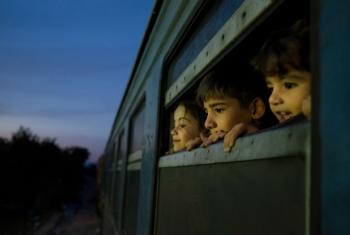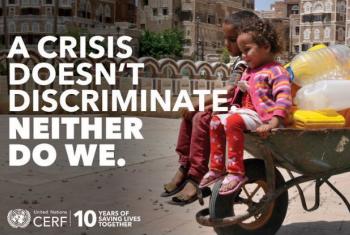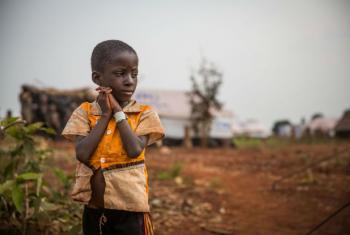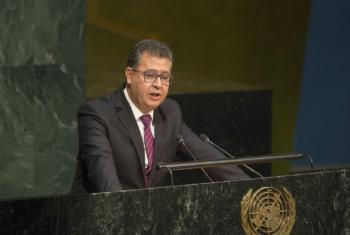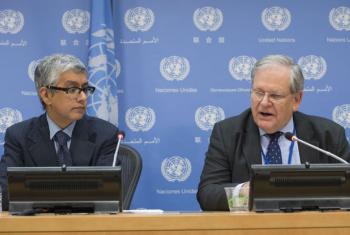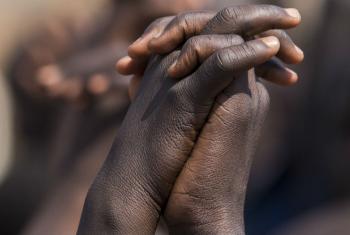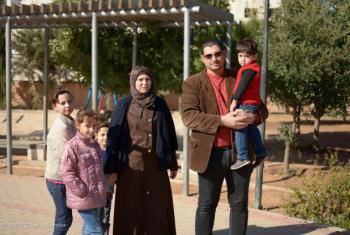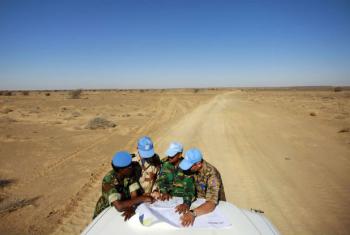World should not have been “too surprised” by migrant crisis
The world should not have been “too surprised” by this year’s migrant and refugee crisis.
That’s according to the Director General of the International Organization for Migration (IOM), William Lacy Swing.
Mr Swing said that all the warning signs were there that a crisis involving the mass movement of people could soon be at hand in Europe and elsewhere.

